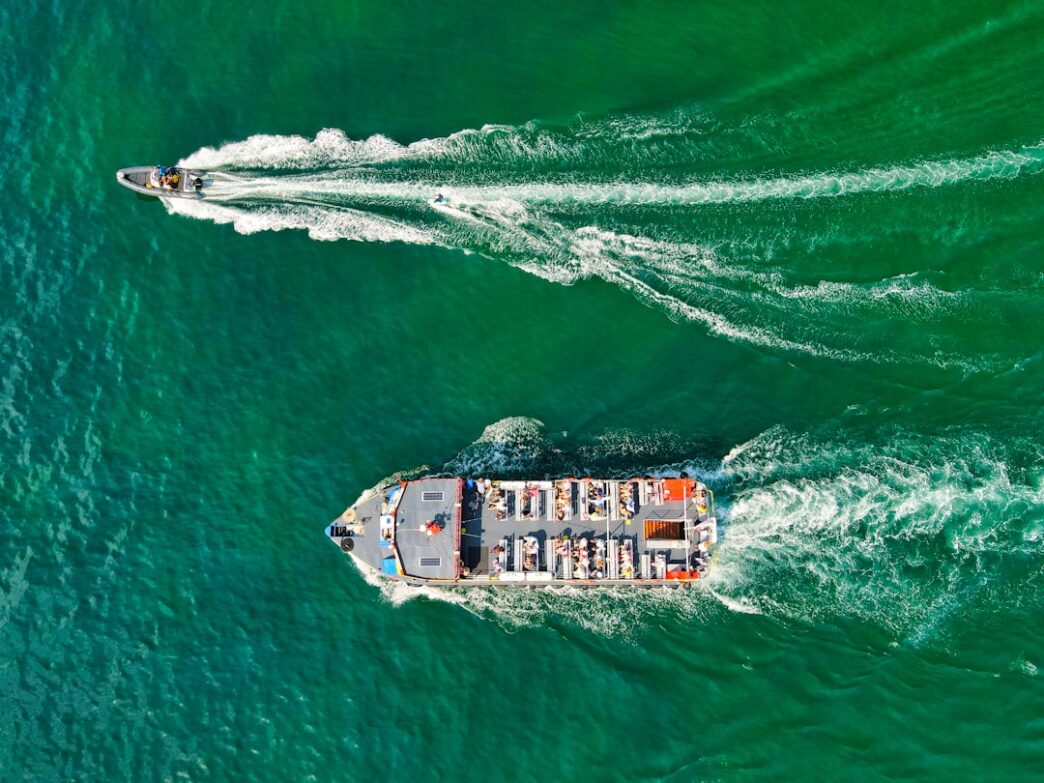As the world grapples with climate change and the quest for sustainable resources, an intriguing shift is occurring beneath the waves: the rise of the ocean economy. This sector, encompassing activities such as sustainable fishing, marine biotechnology, and renewable energy generation from marine sources, holds the potential to reshape coastal communities and redefine economic activities linked to our oceans.
The term “ocean economy” refers to the economic activities directly related to the oceans and seas. According to the World Bank, this sector currently contributes over $1.5 trillion to the global economy and is projected to grow significantly as nations seek to tap into marine resources sustainably. Countries like Norway and Indonesia are leading this charge, demonstrating how ocean-based economies can thrive while preserving marine ecosystems.
One of the most promising areas within the ocean economy is sustainable fisheries. Overfishing has led to the depletion of fish stocks, threatening not only marine biodiversity but also the livelihoods of millions. In response, innovative approaches like fish farming and aquaculture are gaining traction. The Marine Stewardship Council (MSC) is working to certify fisheries that meet stringent sustainability standards, ensuring that fish can be harvested without compromising future availability. In places like Scotland, where traditional fishing has faced challenges, these initiatives are providing new pathways for local economies.
Moreover, the concept of “blue carbon” is gaining attention. Coastal ecosystems like mangroves, salt marshes, and seagrasses act as significant carbon sinks, capturing carbon dioxide from the atmosphere and storing it in their biomass and sediments. Recognizing their value, policymakers are starting to include blue carbon strategies in climate action plans. The United Nations Environment Programme (UNEP) highlights that protecting and restoring these habitats not only helps combat climate change but also supports fisheries and enhances coastal resilience against storms and rising sea levels.
However, navigating the ocean economy is not devoid of challenges. The sector is significantly impacted by regulatory hurdles and the need for substantial investments in technology. For instance, marine renewable energy, such as offshore wind and wave energy, requires not only advanced technology but also a supportive policy environment. The United States has made strides with its ambitious goal of generating 30 gigawatts of offshore wind energy by 2030, yet the success of these initiatives hinges on overcoming administrative red tape and ensuring community buy-in.
Furthermore, coastal communities often bear the brunt of economic shifts within the ocean economy. The transition to more sustainable practices can initially lead to job losses in traditional industries, such as commercial fishing. Governments and organizations must ensure that training programs are in place to facilitate the transition to new jobs in marine technology or sustainable tourism, mitigating the impact on local economies.
Global players are also beginning to recognize the ocean’s potential. The Ocean Race, a round-the-world sailing competition, is not just a test of human endurance but also a platform for advocating for ocean conservation. With sponsors increasingly focused on sustainability, events like these can amplify the message that preserving our oceans is crucial for economic vitality.
A collective vision for the ocean economy is essential. As nations explore how to maximize these resources sustainably, the balance between economic growth and environmental stewardship will be vital. Indeed, our oceans may well hold the key to a more sustainable and inclusive future, echoing the age-old adage that the sea is both a giver and a taker.











